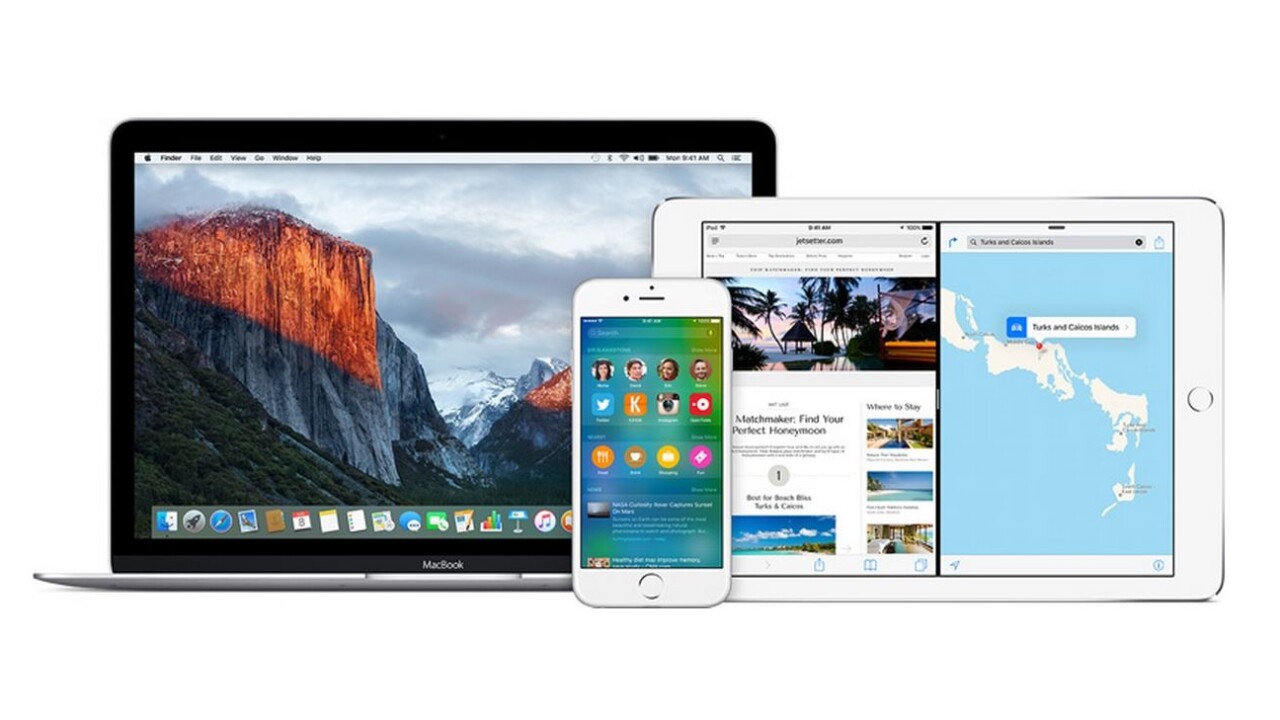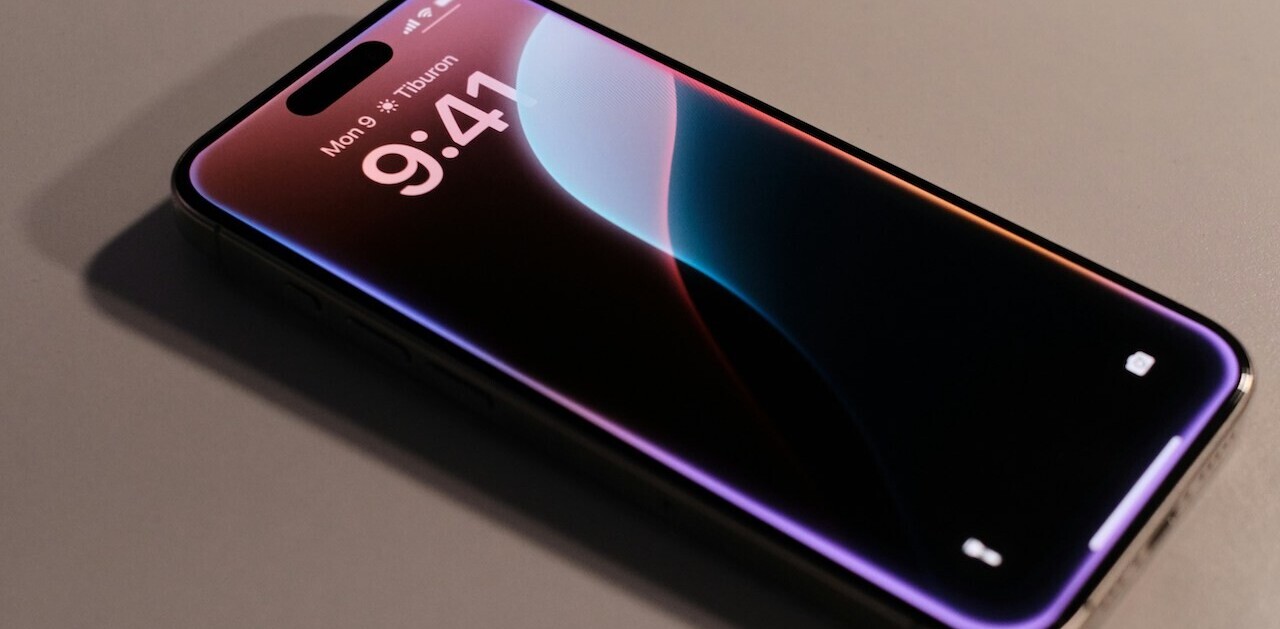
Apple Music, which was released just a few weeks ago, landed to much fanfare from tech journalists.
One prominent Apple blogger, Jim Dalrymple, praised the service saying “I’m damned impressed.”
Now, Dalrymple gone back on that excitement in a new post trashing the service and labeling it “a nightmare.” A few weeks after launch, critics are starting to agree that Apple Music is a little rough around the edges and needs more work.
Here’s the thing: Apple needs to separate its apps — or at least some of them — from requiring entire iOS updates as soon as it can.
It’s a crazy backwards policy to require entire point releases, like iOS 8.4 for Apple Music’s release, for adding or updating individual apps.
Such a system slows down progress from Apple until major changes are available, leaving users in the lurch for weeks or months longer than necessary for fairly trivial fixes.
App developers, like Medium and Slack, are able to throw bug fixes and quick tweaks out the door as soon as they have them. Users automatically get the latest, without even knowing it in many cases.
Apple, on the other hand, doesn’t have that kind of flexibility to service its bundled apps.
Imagine Apple Music had a critical bug that locked up your entire phone every time it’s launched.
To get that fixed, Apple needs to roll out an OTA update for your entire phone, which requires a restart and a lot of waiting. It’s ridiculous and inexplicable that it’s still this way in 2015.
Users are already hesitant to upgrade to the latest iOS release, as we saw with the adoption rate of iOS 8, so getting Music fixed in that situation is a mare.
Here’s another example: iOS 9 brings public transport directions to Maps, but you won’t get that until the Fall. Why couldn’t that just be pushed out as an App Store update so the world can get it sooner?
Bundled apps need to update just like those distributed via the App Store. The current system is restricting the rate of progress and creating frustrating situations, like the one that’s developed with Music.
To fix any of the individual issues Dalrymple lays out in his post, Apple would need to make an entire point release, like iOS 8.4.1, even just for something minor.
If the app stood on its own the company could issue fixes and iterate on Music as patches become available, without disrupting users .9 to 5 Mac recently proposed an interesting way that Apple could improve the situation by utilizing the App Store.
Meanwhile, Google has been ripping out the core Android apps and making them individually serviceable for years. After a lot of work to separate the apps it can now freely update the keyboard, messaging app or even the phone dialer without a major release.
Apple is seen to be moving too slowly with development of important bundled apps, like Maps, Podcasts and Music, because it simply can’t push entire system updates for such small content frequently without upsetting users.
App developers have the tools to rapidly iterate their creations, but Apple is suffocating its own products back by not ripping those apps out from the core of iOS and iterating faster.
Get the TNW newsletter
Get the most important tech news in your inbox each week.





